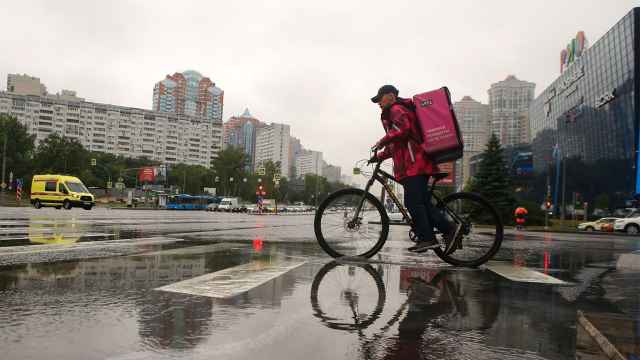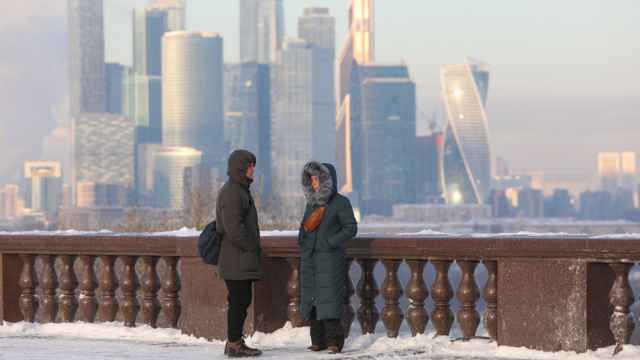Around $1 trillion of capital has been pulled out of Russia since the fall of the U.S.S.R., a close aide to President Vladimir Putin has told world leaders at the Russia-Africa forum in Sochi.
Sergei Glazyev, who was a long-time economic adviser to Putin and is now minister in charge of integration at the Eurasian Economic Union, said the International Monetary Fund (IMF) had chosen policies which encouraged the large-scale withdrawal of capital from Russia and the rest of the former Soviet Union, Russian news agency Tass reported.
The economist assesses that a similar amount — another $1 trillion — of capital has also flown from the other 14 post-Soviet countries over the last 30 years.
In a warning to the world leaders and representatives of all 54 African nations who are gathered in Sochi for the Russia-Africa forum this week, Glazyev said the IMF has adopted a similar approach in Africa as across the former Soviet Union.
“Of course, Africa has been exploited for much longer,” he said. “We have been living in this financial and economic environment for only 30 years, but the intensity of the exploitation of the post-Soviet economy is even more impressive than the intensity of the financial exploitation of Africa.”
Glazyev was moved out of his role as economic adviser to Putin earlier this month and appointed the Eurasian Economic Union’s minister for integration. He was associated with the more isolationist and free-spending wing of economic thinkers within the Kremlin, proposing more state involvement in the economy and higher government budgets.
Glazyev also advised African countries to keep full control over their natural resources and infrastructure, in line with his advocacy in Moscow for greater economic self-sufficiency.
Earlier this week, Putin announced he would write-off $163 million of debt owed to Russia by Ethiopia under a debt-for-development program, becoming the fourth African country to receive such debt relief. The Russian President said he had now wiped-out $20 billion of debt incurred by African countries to the Soviet Union.
A Message from The Moscow Times:
Dear readers,
We are facing unprecedented challenges. Russia's Prosecutor General's Office has designated The Moscow Times as an "undesirable" organization, criminalizing our work and putting our staff at risk of prosecution. This follows our earlier unjust labeling as a "foreign agent."
These actions are direct attempts to silence independent journalism in Russia. The authorities claim our work "discredits the decisions of the Russian leadership." We see things differently: we strive to provide accurate, unbiased reporting on Russia.
We, the journalists of The Moscow Times, refuse to be silenced. But to continue our work, we need your help.
Your support, no matter how small, makes a world of difference. If you can, please support us monthly starting from just $2. It's quick to set up, and every contribution makes a significant impact.
By supporting The Moscow Times, you're defending open, independent journalism in the face of repression. Thank you for standing with us.
Remind me later.






